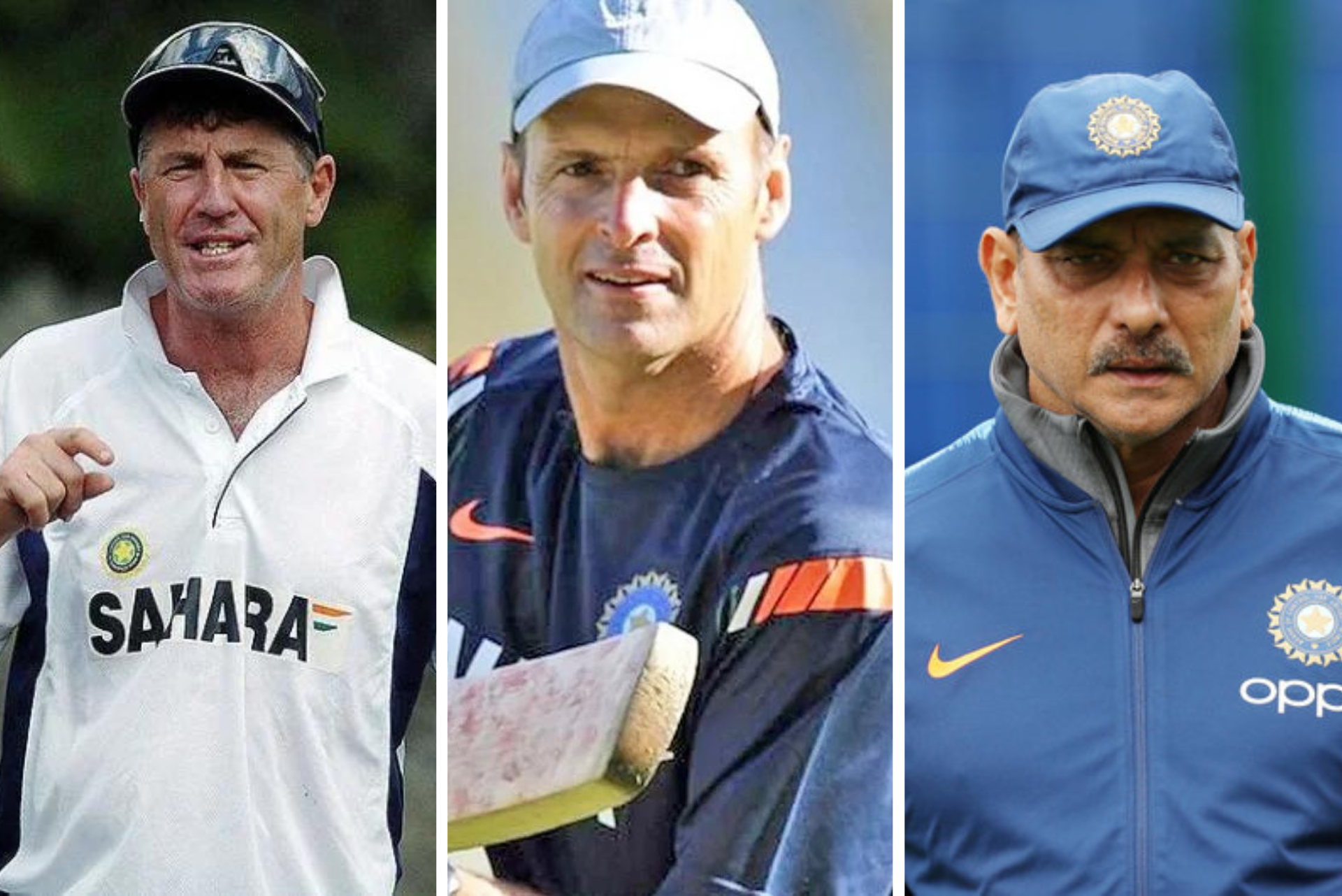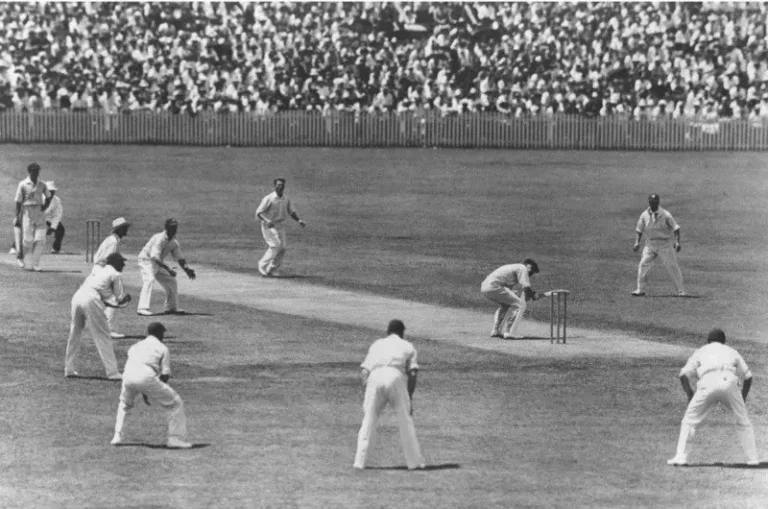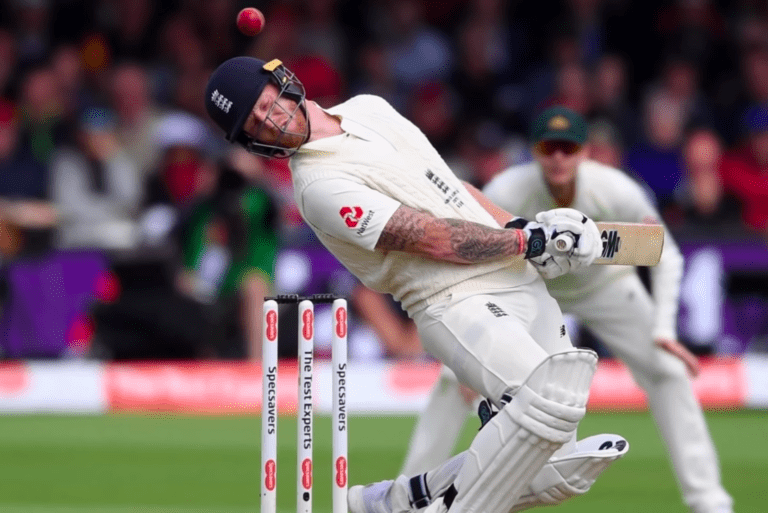The Evolution Of Indian Cricket Team Coaches – A Comprehensive Analysis
Cricket often called the religion of India, has witnessed numerous highs and lows throughout its history. Behind every successful cricket team stands a figure whose guidance and expertise play a key role—the coach.
In this comprehensive analysis, we explore the fascinating journey of Indian cricket team coaches, tracing their evolution, examining their impact, and delving into the changing dynamics of coaching in Indian cricket.
Let’s dive in!
Early Days: Pioneers of Indian Cricket Team Coaching
In the early days of Indian cricket, coaching was a new concept that gradually took shape as the sport gained popularity. Passionate individuals emerged as pioneers, stepping up to guide and mentor players.
Let’s delve into the intriguing beginnings of cricket coaching in India, exploring notable early coaches and the profound impact of their methods.
i. The Initial Days: Informal Coaching Sessions
During the formative years, cricket coaching in India revolved around informal sessions held in local clubs, schools, and community grounds. Experienced players generously shared their knowledge and expertise, focusing on improving basic skills and fostering a deeper understanding of the game.
iI. Notable Early Coaches and Their Contributions
- Vinoo Mankad: A legendary all-rounder, Mankad transitioned into coaching after retiring from international cricket. His coaching approach emphasized technical precision, discipline, and a strong work ethic, instilling these qualities in his students.
- Ramakant Achrekar: Renowned for coaching a young Sachin Tendulkar, Achrekar’s particular attention to detail and ability to spot talent played a key role in shaping Tendulkar’s career. He emphasized the importance of technical proficiency and instilled a deep love for the game.
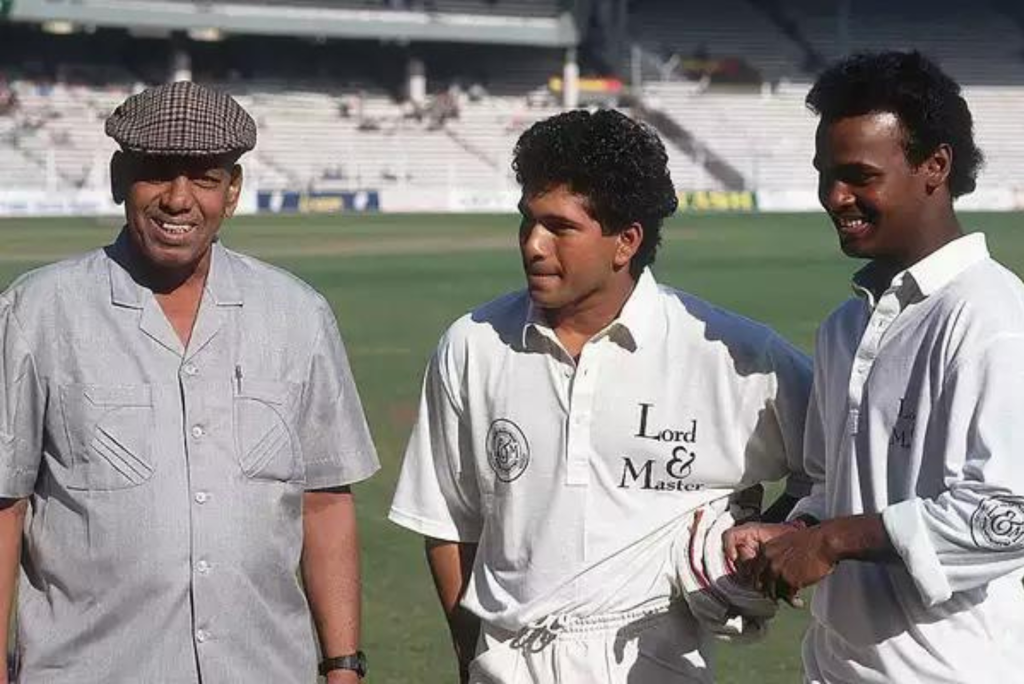
iII. Challenges Faced and Impact of Coaching Methods
Early cricket coaches encountered various challenges, including limited resources, a lack of infrastructure, and the absence of formal training programs.
Nevertheless, they drew upon their own playing experiences to impart technical skills, discipline, and a passion for the game to their students.
As cricket in India evolved and gained prominence, the demand for more structured coaching programs increased. Dedicated coaching academies were established, equipped with modern training facilities.
Coaches began integrating advanced coaching tips and strategies. They started leveraging technology and focusing on holistic player development. Their contributions paved the way for a new era of professional coaching, enabling Indian cricketers to reach greater heights in the years to come.
Milestone Moments: Transformation in Coaching Approaches
As cricket progressed, coaching methods underwent a significant transformation.
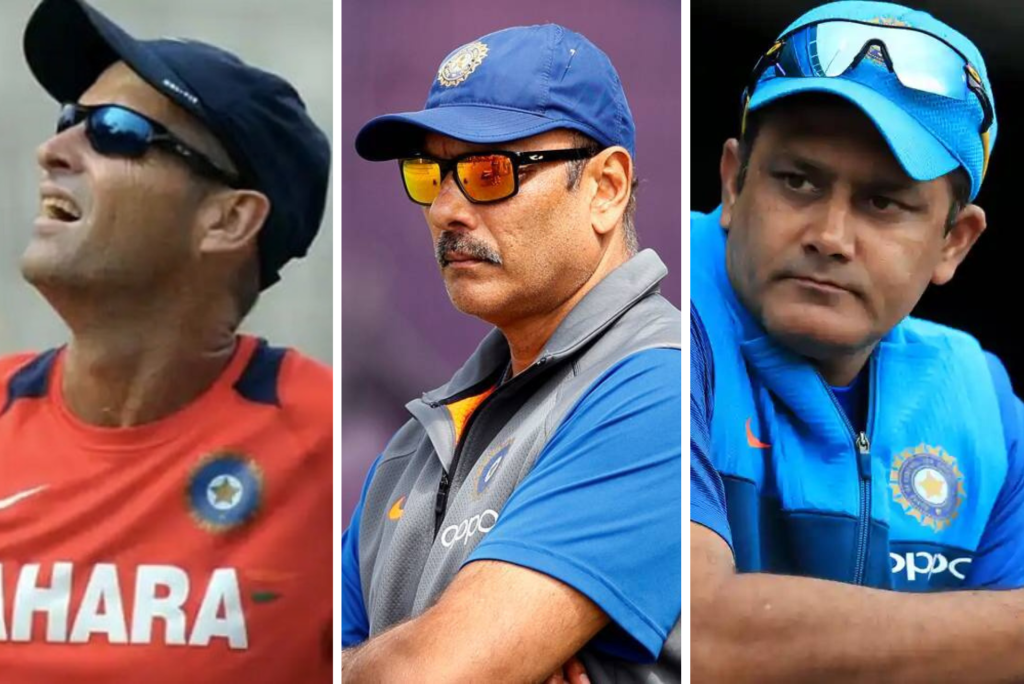
These are the few aspects that greatly improved Indian cricket:
- National Cricket Academy (NCA): Established in 2000, the NCA became a breeding ground for budding coaches and players, focusing on skill development and scientific training methods.
- Technological Advancements: The introduction of technologies like Hawk-Eye, Ball Tracking, and Performance Analysis Systems revolutionized coaching techniques, enabling coaches to analyze player performance with greater precision and accuracy.
- Introduction of Professional Coaches: The appointment of professional coaches marked a significant turning point in Indian cricket. These experienced mentors brought in a wealth of knowledge, international exposure, and a fresh perspective. Their professional approach, tactical expertise, and ability to nurture talent elevated the standard of coaching in India.
Noteworthy Coaches: Icons of Indian Cricket Team Coaches
Indian cricket has been fortunate to have witnessed the brilliance of several iconic coaches. These coaches left an indelible mark on the game, influencing generations of players and shaping the team’s success.
- John Wright: As the first foreign coach of the Indian cricket team coaches, Wright brought a fresh perspective and introduced a professional approach, leading the team to significant victories, including a historic Test series win against Australia in 2001.
- Gary Kirsten: Another best from the Indian cricket team coaches is Gary Kirsten. Under Kirsten’s coaching, India achieved unparalleled success, winning the 2007 T20 World Cup and reaching the pinnacle by capturing the 2011 ICC Cricket World Cup.
- Ravi Shastri: Ravi is one of the best Indian cricket team coaches known for his aggressive coaching style and astute game awareness, Shastri has played a vital role in India’s recent success, including the team’s triumph in Australia in 2020-21.
Under the guidance of these exceptional Indian cricket team coaches, the Indian cricket team achieved remarkable feats. They led the team to memorable victories, including historic series wins, World Cup triumphs, and significant milestones. The success stories of players who flourished under their mentorship are a testament to Indian cricket team coaches exceptional coaching abilities.
The Changing Landscape: Women’s Indian cricket team coaches
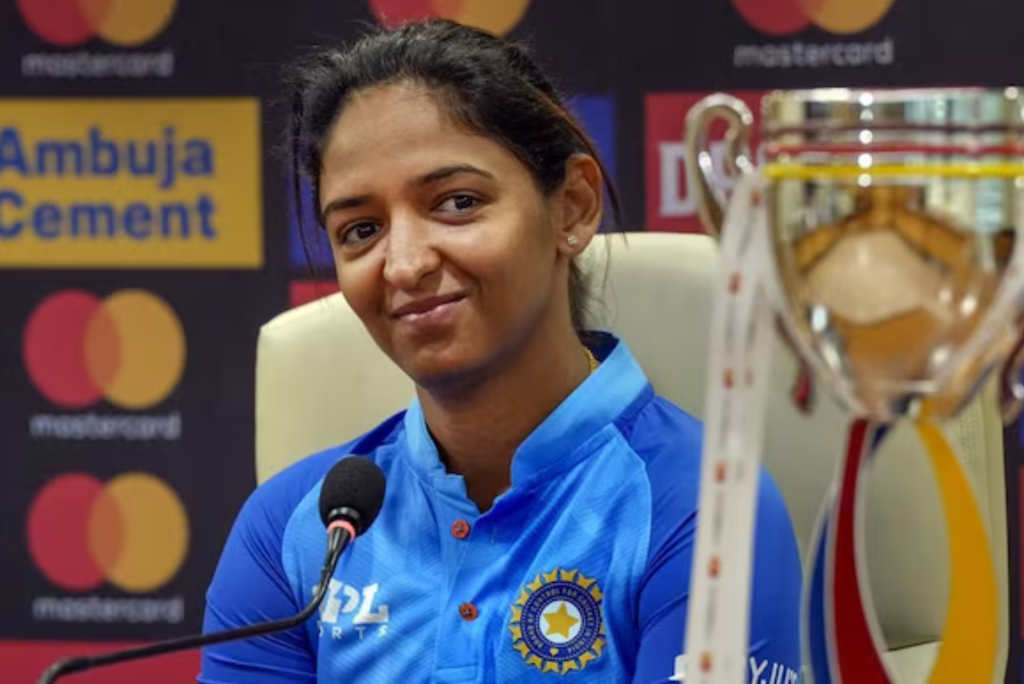
Women’s cricket in India has witnessed significant growth, with a corresponding evolution in coaching. The development of dedicated coaching programs and the appointment of female coaches have played a crucial role in nurturing talent and empowering women cricketers.
Female coaches have brought a fresh perspective and understanding to the coaching setup. They serve as role models, provide mentorship, and create a supportive environment for women cricketers to thrive. Their contributions have been instrumental in elevating the standards of women’s cricket in India.
India’s women cricketers have achieved notable success under the guidance of skilled coaches. Their progress highlights the potential and opportunities for growth in women’s cricket coaching. The future holds immense promise as more resources, opportunities, and support are extended to women’s cricket in India.
Conclusion
The evolution of Indian cricket coaching has been a fascinating journey, marked by milestones, notable coaches, and changing approaches. From the early days of informal coaching to the integration of technology, professionalization, and the rise of women’s cricket coaching, each phase has contributed to the growth and success of Indian cricket.
Coaches play a pivotal role in shaping the destiny of cricketers and teams. Their expertise, guidance, and mentorship are invaluable in unlocking potential, refining skills, and fostering a winning culture. The evolution of coaching in Indian cricket has resulted in enhanced player development, strategic acumen, and sustained success.
As we celebrate the evolution of Indian cricket coaching, let us acknowledge the dedication and hard work of coaches past and present. Their tireless efforts have propelled Indian cricket to new heights. It is crucial to continue supporting and investing in coaching programs, nurturing the next generation of cricketing talent, and ensuring the future success of Indian cricket.

